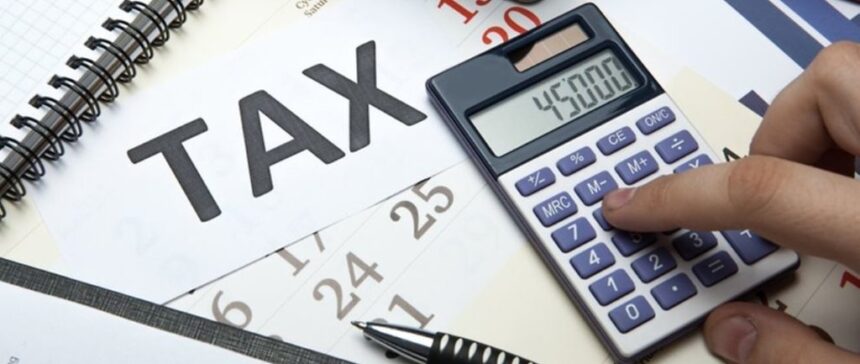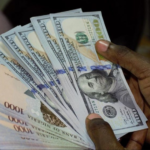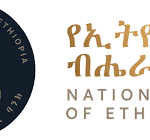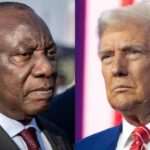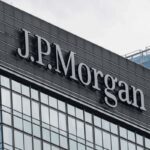A recent report by Oxfam International in Nigeria has revealed that 99% of Nigeria’s wealthiest citizens evade paying their taxes, significantly contributing to the country’s wealth gap.
The report, titled “Taxing the Rich: Nigerian Fair Tax Monitor”, highlights the extent of tax evasion among the super-rich and its broader implications for Nigeria’s economic stability.
According to findings from the Federal Inland Revenue Service (FIRS) and the Joint Tax Board (JTB), out of the estimated 115,000 high-net-worth individuals (HNWIs) in Nigeria, only 40 are tax-compliant. This translates to a shockingly low compliance rate of 0.035%.
HNWIs in Nigeria are defined as individuals earning at least N40 million annually, yet the majority fail to meet their tax obligations.
- Advertisement -
The report emphasizes that properly taxing just 4,690 of Nigeria’s wealthiest citizens, those with a net worth of $5 million or more, could generate N4.59 trillion ($6 billion) annually.
The report noted: “Implementing an annual wealth tax in Nigeria would raise more than $6 billion (with rates at 2% on wealth over $5 million, 5% on wealth over $50 million and 10% on wealth over $1 billion)”.
This revenue could double the country’s health budget or reduce household health expenditures by 40%.
Oxfam’s analysis suggests that Nigeria’s low capital gains tax (CGT), currently at 10%, is one of the lowest in the region, compared to South Africa and Ghana, where rates range from 15% to 35%. Numerous exemptions and loopholes allow the wealthy to avoid paying their fair share of taxes.
The report calls for urgent tax reforms, including the introduction of progressive wealth taxation and an increase in CGT rates. It argues that closing tax loopholes and enforcing stricter compliance could help Nigeria raise significant revenue for essential public services like healthcare and education.
- Advertisement -
As Nigeria gets ready for the next IMF-World Bank meetings, Oxfam and CISLAC stressed the need for immediate reform. They propose that Nigeria, like Uganda, should create a specialized unit within the FIRS to track and audit HNWIs, utilizing data from financial institutions and property registries.




